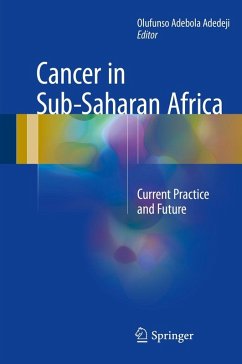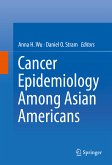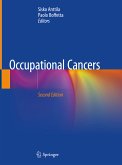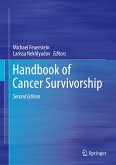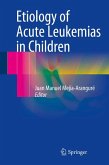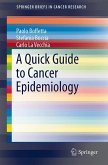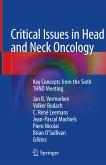This book discusses the current state of cancer pathway as it is relevant to sub-Saharan Africa and highlights differences in epidemiology and the underlying problems with management. It outlines the current practice and opinions in all forms of cancer, also highlighting future prospects. Starting by providing background information on the epidemiology and genomic variations, the book then goes on to look at Infection-related cancers and continues to prostate GI, breast cancer and ovarian and cervical cancer. The last part of the book focuses on delivery of affordable and accessible care. Palliative services and primary and transnational research, as well as clinical trials are also discussed. Written by a team of authors based in the UK, Nigeria, South Africa and the US. this book offers an overview of the current state and challenges of cancer care in sub-Saharan Africa, and it would be valuable to policy makers, researchers, funding organisations, and can be an adjunct to standard text books for students, residents and established doctors.
Dieser Download kann aus rechtlichen Gründen nur mit Rechnungsadresse in A, B, BG, CY, CZ, D, DK, EW, E, FIN, F, GR, HR, H, IRL, I, LT, L, LR, M, NL, PL, P, R, S, SLO, SK ausgeliefert werden.

